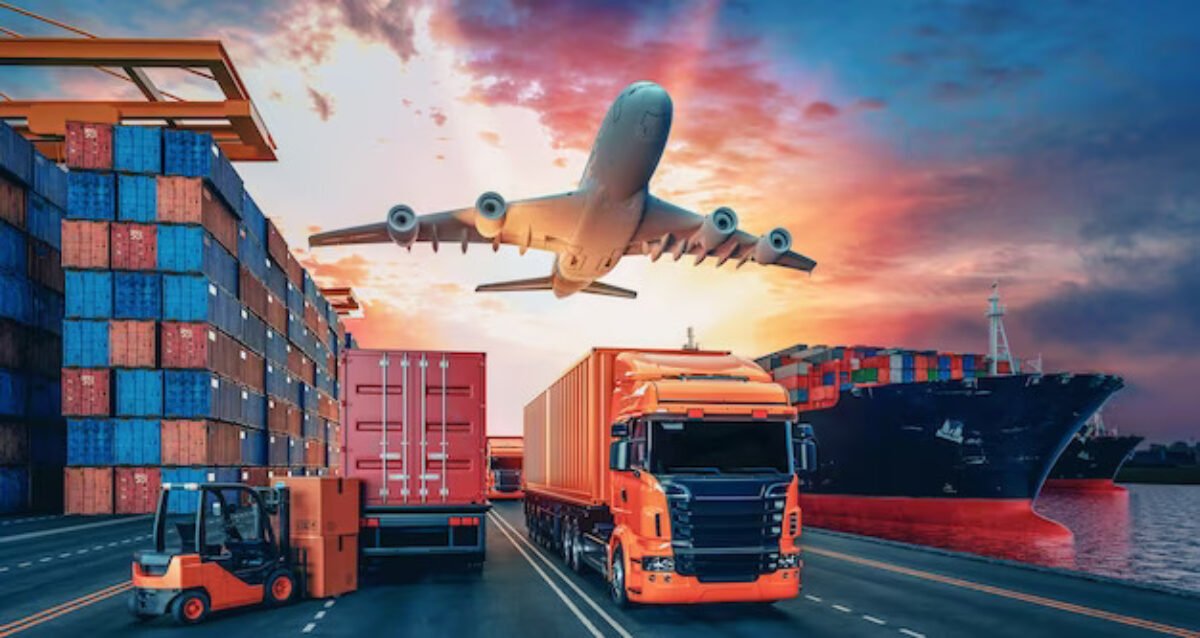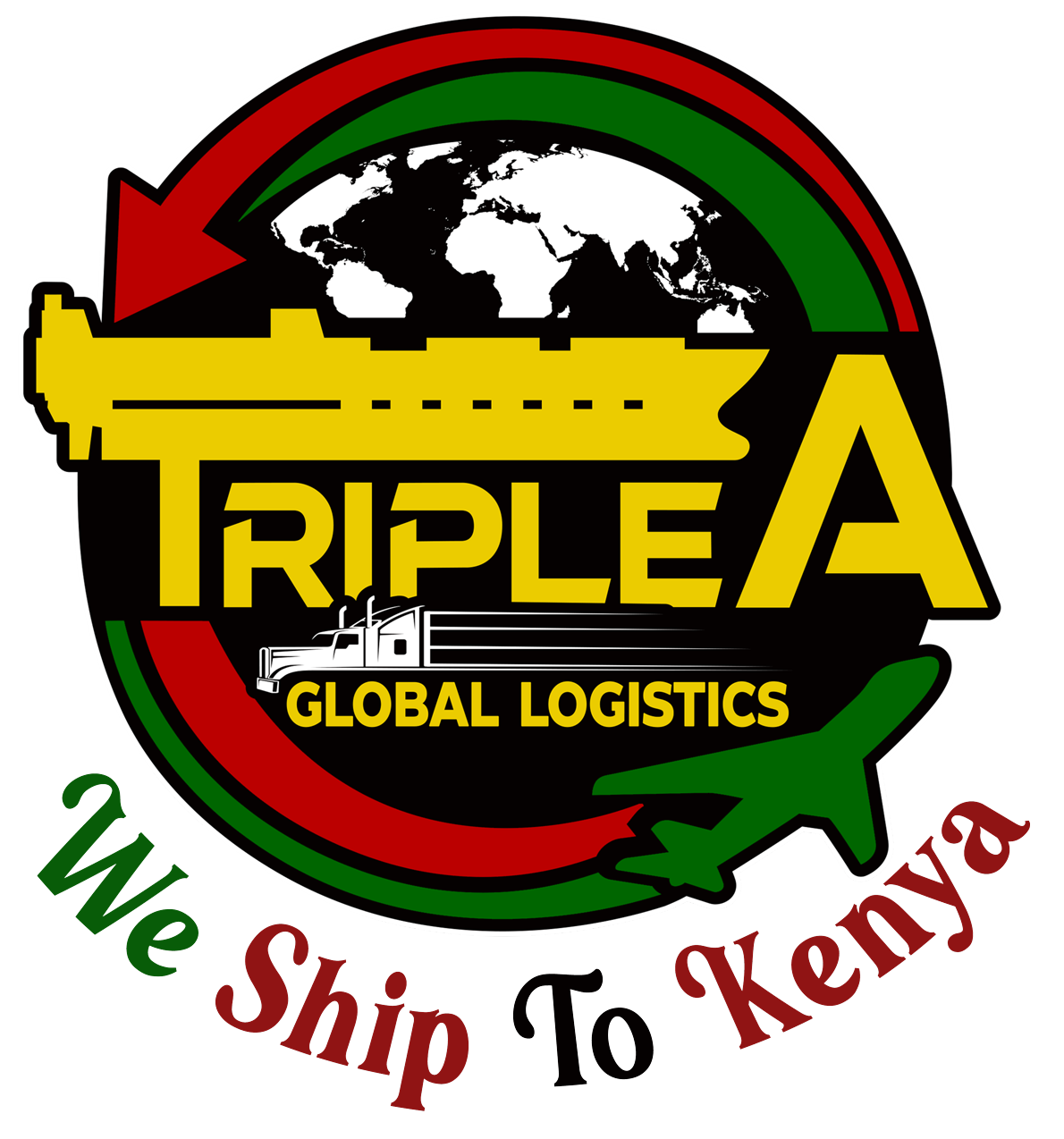Call Us:
+44(0)2039579445
+254 111 81 81 81
Mail Us:
info@tripleafreight.co.uk
Triple A

 International trade is based on freight shipping, and understanding the nuances of shipping from the UK to China can save businesses and individuals a lot of time and money. This thorough manual will include all the required information regarding freight shipping from UK to China, including rates, costs, and the cheapest options available.
International trade is based on freight shipping, and understanding the nuances of shipping from the UK to China can save businesses and individuals a lot of time and money. This thorough manual will include all the required information regarding freight shipping from UK to China, including rates, costs, and the cheapest options available.